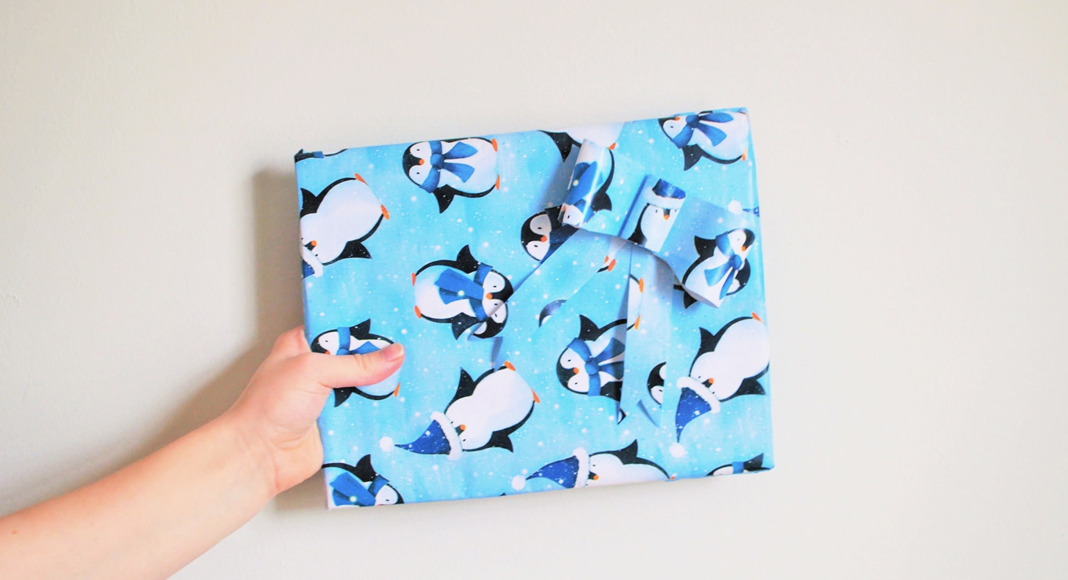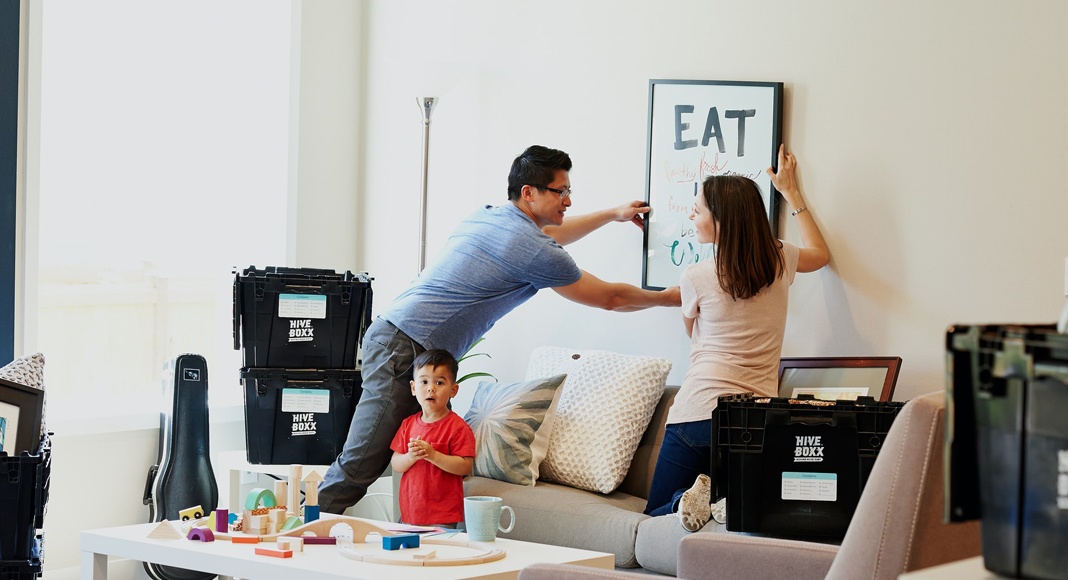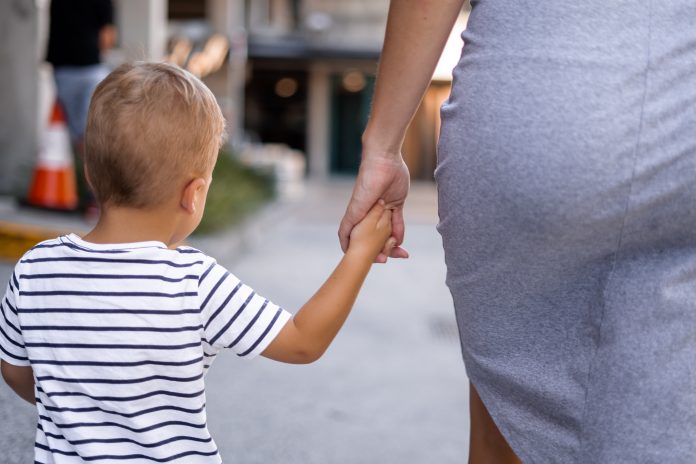There are so many different scenarios in which we, as parents, need to prepare our toddlers for their first day away from us—whether it be spending the night at their grandparents’ houses, going to their first day at daycare, or being away from parents while they deliver a new sibling. It’s a time of separation anxiety and tears, but we are here to help!
I had the opportunity to talk with Eastern Idaho Regional Medical Center’s (EIRMC’s) very own Child Life Specialist, Diana Moll.
Diana has a remarkable demeanor and works to comfort the hospital’s pediatric patients and their families through some of life’s rougher moments. Diana Moll is quite the exemplar of kindness in dedicating her life to making sure that each child’s well-being needs are met within the hospital. It’s no wonder she received the 2022 Humanitarian Award with her overall commitment to ensuring that each pediatric patient has the support and comfort that they need.
While being separated for the first time can be scary, we can break some helpful information down into 5 simple tips to help our ‘littles’ go through this BIG moment in their lives:
Give a sense of what your child will expect
Walk them through the upcoming situation in advance to demystify the situation. ‘Breaking down’ the situation can make the entire ordeal clearer and easier to understand, thus avoiding a complete and utter mental meltdown. Try to cover the Five W’s: Who, What, When, Where, and Why. Sit at their level and explain where they will be going, why you won’t be there with them, who is going to be there, what activities they can expect, and when you are going to be back.
Ask your child about their feelings
Are they scared to be in a new environment or anxious to not have you there by their side? Talk to them and validate their feelings without minimizing how they are feeling. Saying, “Don’t be scared” or “You don’t need to feel that way” can leave a child feeling unheard or worried to express their emotions. Positive Scenario: Child: “I’m scared because I don’t have any friends there.” Parent, “I see that you are feeling scared because it’s a new place with people you don’t know, but that gives you an opportunity to make new friends.” Our EIRMC expert reminds us that repeating the feeling back to our children helps them to know that we understand and hear how they are feeling.
Pack a tangible item from home if possible
While this may not be applicable to all first-time away scenarios—such as daycare or school when their at-home items are not able or allowed to be packed safely by the kiddo’s side—if we are talking about a situation during which the child is waiting for parents to come home with a baby sibling from the hospital or they are having a fun sleepover at their grandparent’s, then this is the perfect tip for you! New places without us at our kids’ sides can make children feel uneasy. Having their special blankie, favorite teddy-bear, or toy packed for them can bring a sense of comfort and familiarity to an otherwise unfamiliar situation.
Read a book to prepare
EIRMC’s Child Life Specialist, Diana Moll, highly suggests the following two children’s books to help your kids prepare for separation.
- “The Kissing Hand” by Audrey Penn is a story of a little raccoon named Chester who confronts the first day of school and needs some reassurance. Mother Raccoon finds an unforgettable way to ease his fears and communicate the message of her never-ending love.
- “The Invisible String” by Patrice Karst is a comforting story about easing two siblings’ separation anxiety and reinforcing bonds by learning that everyone has an invisible string connecting them to everyone that they love.
Create a coping toolkit
We all have stressors that upset us, even as adults. To help alleviate that, use tools to help your little ones calm down in times of strong emotions. Maybe you’d like to add some of the following to your toolkit:
- A really good distraction technique that helps to cope with anxiety is to go through the 5 different senses. Help your child by asking: What do you see around you? What can you smell? Etc.
- You can also help to distract from anxieties and focus in on senses by sucking on a candy. What does it taste like? Does it feel soft or hard?
- Another coping tool is to get the expandable breathing sphere to give a visual representation for taking deep breaths in and out.
- Simply blowing bubbles or using a pinwheel can help with focused breathing and can be a great tool to help a toddler to calm down.
Make sure to have your child’s coping toolkit in place and use the methods to calm down anxieties regularly before the moment that you are separating for the first time.
EIRMC’s Child Life Specialist, Diana Moll, states that “Your child will feed off of your reaction to a new experience. For example, if you are crying and asking your child, ‘Will you miss me when you’re gone?’, they will note that you are apprehensive about them leaving and may mimic your reaction.”
New scenarios and situations are difficult to transition into and it’s important to remember a few key things: It’s going to take time before the new routine is established and comfortable and it’s normal to expect tears at drop-off or pickup. Give your little ones some time to adapt to different social situations as they are not only learning a new routine, but also a completely new set of rules than they are used to at home. Diana Moll also says that “These aren’t small adults and I think we forget that.” With that being said, “let your child (and yourself) prepare for a new experience, may it be going to daycare, a hospitalization, or a sleepover. If your toddler is going to daycare for the first time, give yourself an extra 20-30 minutes.”











